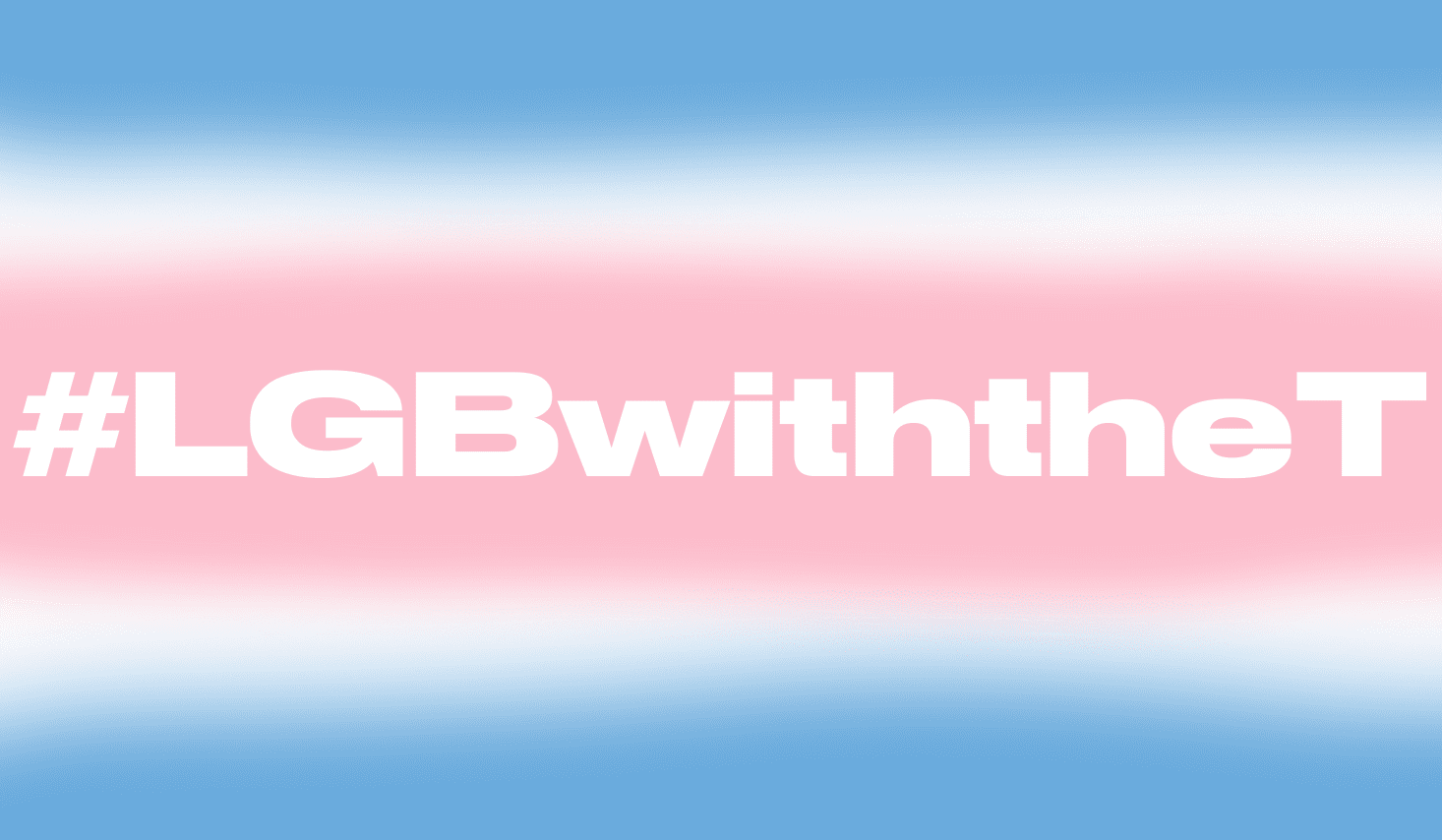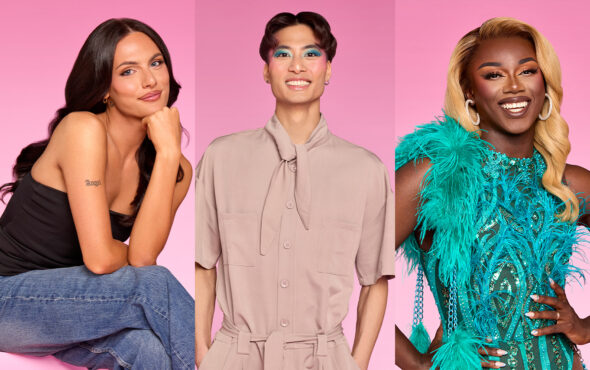
It feels apt to me that Trans Awareness Week falls at the same time as Anti-Bullying Week. The last few years has seen the bullying and dehumanisation of trans people become mainstream, with weekly opinion pieces, panel discussions and comic diatribes, presenting hypothetical arguments that positions the existence of trans people as something it’s acceptable to have an opinion about as if we were discussing our favourite brand of tea.
This “debate” is causing profound harm to a generation of trans young people. Mental health is in crisis across the LGBTQ+ community, but for young trans people it’s even worse than average – 77% of trans young people have contemplated suicide compared to 43% of their non-trans peers. That’s compared to 66% of gay boys, 74% of young lesbians, and 73% of bisexual young people. Trans young people are three times as likely as young people who aren’t trans to self-harm. These stats come from Just Like Us’ independent research of 2,934 young people aged 11-18 (1,140 of whom were LGBTQ+), so we know this is not an anomaly.
In this context, intellectualised debates about the existence and rights of a group of people within our communities are dangerous and exceptionally cruel. Those who seek to remove rights from trans people talk of “transgenderism”, doing everything they can to distract you from the fact that we are talking about real, breathing human beings, who are mostly simply trying to get through their day – go to school or work, and see their friends and families without experiencing violence. Even this is apparently too much to ask with a third (29%) of trans people experiencing daily tensions at home and LGBTQ+ pupils are twice as likely to be bullied.
As Chief Executive of Just Like Us, the LGBTQ+ young people’s charity, I’m often asked what I think about trans people in weightlifting. Before last year, I’d say that not once in my life has anyone asked me about weightlifting. Those who know we will attest, I’m no expert. My answer is always the same: I don’t care about weightlifting. Because it’s not about weightlifting.
Had I been asked by a weightlifter, a referee of weightlifting, or a representative of a UK wide governing body on weightlifting, I might take the question more seriously, but no one asking that question is really interested in an answer. It’s asked to find a loophole, an example when perhaps instead of affording trans people respect we should in fact be denying them rights. It positions trans people as sneaky, people who “pretend” to be something else for personal gain. It’s nonsense.
All of this is a distraction and it needs to stop. For too long we have had this ‘debate’ on these ridiculous terms, focusing on technical exemptions that only exist because of our society’s preoccupation on the merits and demerits of a particular set of genitalia.

To those of us of a certain age, the large-scale, societal resentment feels familiar. As far as I am concerned, it is absurd that any lesbian, gay or bisexual person should hold any position outside of unequivocal support for trans people, given the similarity of the experience of being queer in a society that is not. Proximity to straightness works, until it doesn’t.
Thankfully, most LGB young people agree. Just Like Us’ independent research, conducted by Cibyl, found that 96% of LGBTQ+ young people say they would support a friend if they came out as trans.
While young people are already accepting and embracing their trans peers, heightened media ‘debates’ over trans people’s existence continue and trans young people’s realities are being further impacted by hostility and fear. Instead, they should be hearing that they can simply be themselves and live happy, fulfilling lives.
When it comes to school, the majority (84%) of young people would support a friend coming out as trans but are less likely to think their teachers would (76%). The fear whipped up in the media, I imagine, is translating into young people’s fears about the adults around them.
It’s no wonder then that trans young people are the least likely to feel good about what lies ahead for them. Our independent research found that 14% of transgender young people have “never” felt optimistic about the future in the past 12 months, compared to 10% of gay boys, 10% of bisexual young people and 6% of young lesbians.
Our vision at Just Like Us is that all young people grow up knowing that being LGBTQ+ is something to be celebrated. Trans young people deserve to be able to go to school without fear of bullying or judgement. We want them to grow up knowing that they can be themselves and that a positive future lies ahead for them.
Creative inclusive environments in schools are not just about helping LGBTQ+ pupils either – our independent research found that schools with positive messaging are linked to all pupils having better mental health. It also sends a message to school staff that they can be themselves, after many survived years of teaching in fear that they’d lose their job.
So this Trans Awareness Week, and Anti-Bullying Week, my plea to all LGB people is this: Support trans young people because it’s the right thing to do, and if not, support them because it’s the smart thing to do. Those who seek to deny trans people rights will be just as quick to take them away from all of us, the acceptable status granted to some parts of the LGBTQ+ community is fragile, and as political developments around the world show us, temporary.
And to the LGB people who are supportive of trans people – that’s most of us – let’s make our voices heard. The majority must not be silent.



